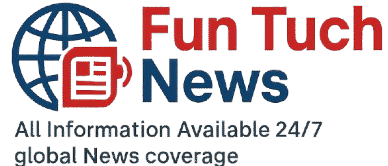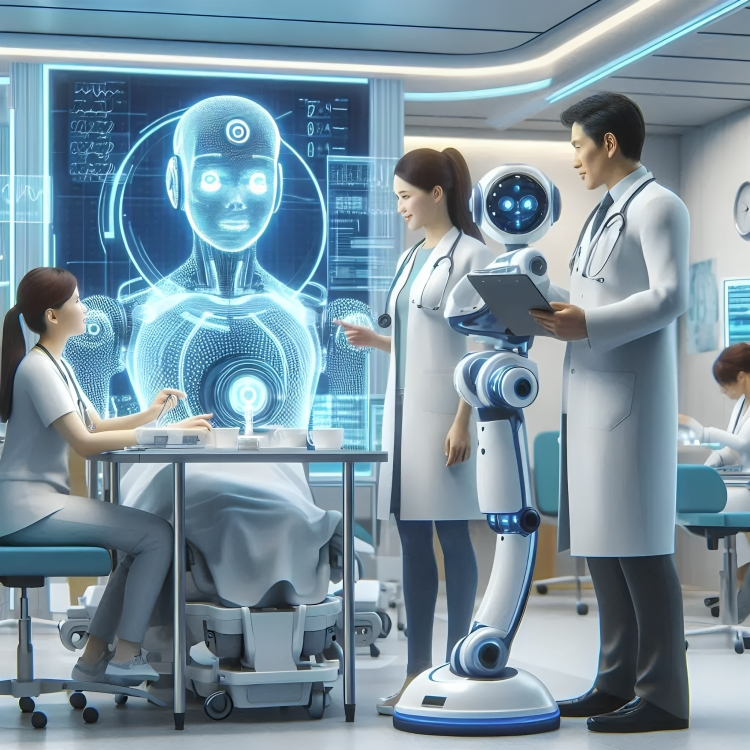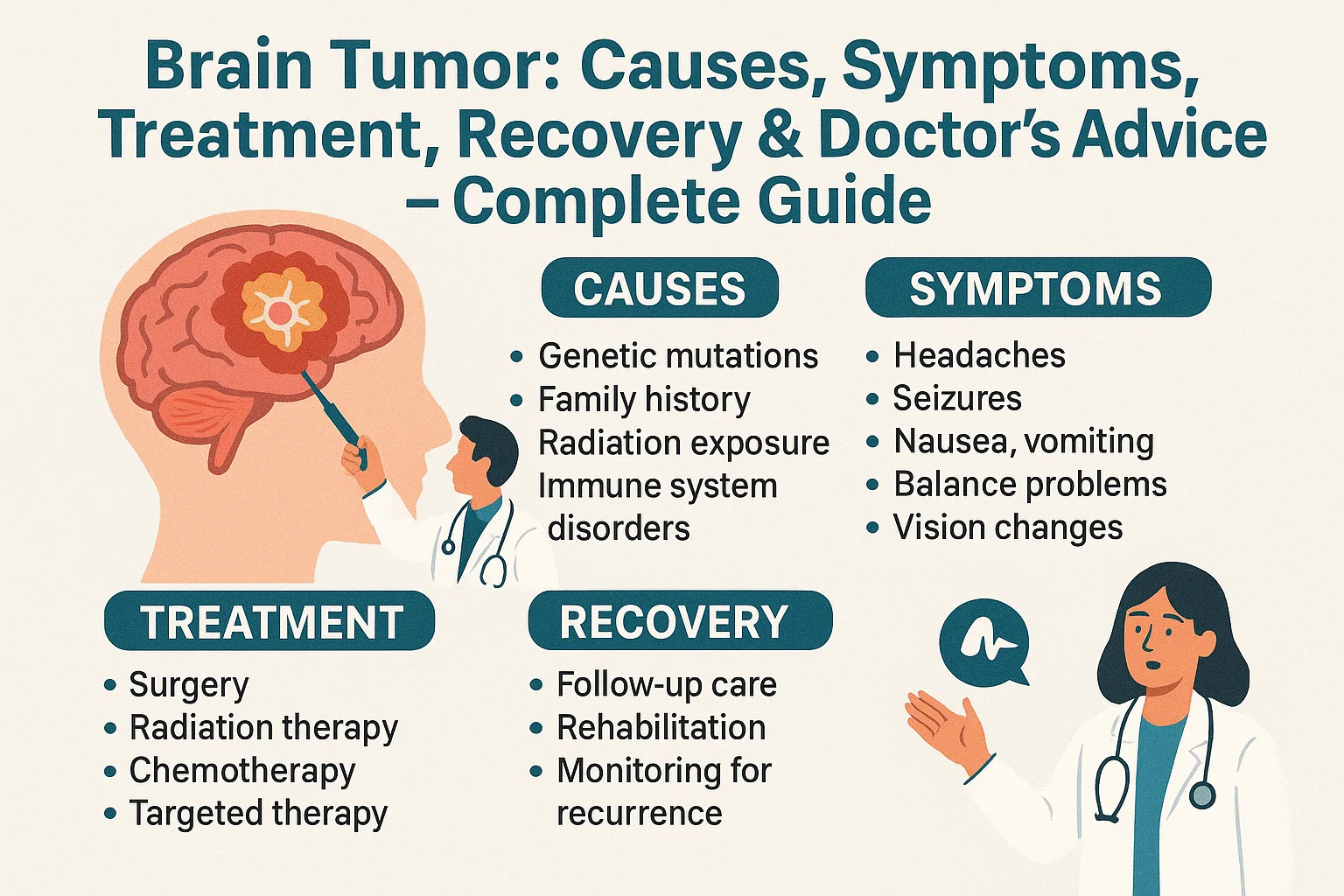
Introduction
Artificial Intelligence (AI) is no longer a futuristic concept in beauty—it’s a game-changer. From bespoke skincare diagnostics and virtual makeup try-ons to eco‑friendly formulations, AI is rewriting the rules of cosmetics. Brands like L’Oréal, Estée Lauder (via Perfect Corp and Revieve), Sephora, and AmorePacific are leveraging AI to personalize experiences, optimize supply chains, and redefine career pathways in beauty.
1. AI Applications Transforming Beauty
1.1 Personalized Skincare & Formulation
- AI tools analyze skin tone, texture, hydration, and environmental data to recommend tailored skincare and custom-mix products—like South Korea’s AmorePacific custom‑shade foundations using deep learning and robotics.
- Computational molecular design using machine learning is enabling hyper-personalized, sustainable skincare formulas
1.2 Virtual Try‑On & Color Matching
- AR/AI platforms from companies like Perfect Corp and Revieve allow consumers to “try on” makeup virtually, boosting online conversion and reducing returns.
- The No7 brand saw conversion rates rise over 2.5× using virtual try-on AI tools with Estée Lauder partnerships at
1.3 Smart Factories & Automated Manufacturing
- Florasis (China) operates an AI “smart factory” with automated quality control, robotic production, and solar-powered sustainability systems, a pioneering industrial transformation in beauty manufacturing, according to
- In the US, startups like LUUM deploy AI-powered robots for lash extensions and manicures, offering precision, speed, and cost efficiency, though human oversight remains vital (Financial Times).
1.4 Conversational & Generative AI
- Brands like L’Oréal and Revieve use generative and conversational AI to power chatbots and virtual beauty assistants. These tools guide customers in real time, answer queries, and suggest routines based on preferences and skin data.
- These AI platforms also enable data-driven product copywriting, trend forecasting, and hyper-personalized marketing campaigns.

2. Impact on Jobs and Career Opportunities
2.1 Changing Roles, New Skills
- Roles such as AI beauty consultants, data analysts in beauty tech, and AI-integrated cosmetology instructors are in demand. AI augments human skill rather than replaces it.
- Virtual training platforms provide feedback on makeup application or skincare routines, ideal for remote upskilling and accessible learning at
- 2.2 Job Displacement & Ethical Considerations
- Certain tasks—like basic diagnostics or repetitive beauty services (e.g., lash robots, automated manicures)—may reduce demand for traditional salon roles.
- However, preserving artistry is crucial; many believe AI should enhance, not replace, human creativity.

3. Benefits & Challenges: At a Glance
| Pros of AI in Cosmetics | Cons / Risks |
|---|---|
| Hyper-personalization at scale | Potential job displacement in service roles |
| Virtual try-ons reduce returns | Ethical concerns: bias in skin tone datasets |
| Faster R&D, sustainable formulation | High upfront investment for AI infrastructure |
| Improved supply chain transparency | Privacy/data protection issues |
| Scalable training & new career paths | Emotional impact: self‑esteem and AI-driven beauty standards |
4. Comparisons: Traditional vs AI-Driven Beauty Approach
| Aspect | Traditional Process | AI-Enhanced Experience |
|---|---|---|
| Consultation & Advice | In-person, subjective, slower | Instant diagnostics via chatbots or AR apps |
| Product Formulation | Manual lab testing, longer timelines | Algorithm-driven molecular design, faster cycles |
| Shade Matching | Trial and error, limited range | AI custom-mixing foundational colors immediately |
| Training & Education | In salons or academies, location dependent | Remote, AI-based training with real-time feedback |
| Sustainability | Limited optimization | AI-informed planning, waste reduction and sourcing |
5. Real-World Examples
Estée Lauder & Revieve AI Lab
Estée Lauder partnered with Microsoft to create an AI innovation lab to personalize product experiences, expedite R&D, and train staff on generative and conversational AI tools across its brands like Clinique and
AmorePacific AI Beauty Lab
Their AI system analyzes customers’ skin tone and conditions to custom mix foundation and lipstick colors onsite—offering one of the most precise personalized color solutions in the market, according to them.
Florasis Smart Factory
This Chinese beauty brand’s factory uses AI for real-time defect detection, process automation, and faster innovation cycles—all while maintaining brand integrity and integrating sustainable energy systems (Vogue Business).
Salon Robots by LUUM and Clockwork
AI-powered robots now perform eyelash extensions and manicures, dramatically reducing service time while maintaining quality, overseen by human technicians for safety and final touches.

6. Ethical, Psychological & Sustainability Concerns
- Biased training datasets may misrepresent darker skin tones—tools like Nudemeter are working to correct that by including diverse image data for equitable recommendations.
- AI tools giving feedback on appearance may unintentionally reinforce self-objectification and low self-esteem, especially in women—highlighting the need for responsible AI design.
- Sustainability is a key advantage: AI helps optimize ingredient sourcing, reduce waste, and plan more efficient packaging and supply chains
7. What Lies Ahead: Future Opportunities
- Generative AI will design entire new beauty product lines based on predictive data models and customer needs.
- AI + XR hybrid experiences will create immersive beauty consultations and training modules (e.g., in virtual salons).
- New career roles such as AI Beauty Innovation Director and AI Ethics Officer will emerge within beauty firms to oversee algorithms, biases, and data use at
8. Frequently Asked Questions (FAQs)
Q1: Will AI replace makeup artists and salon beauticians?
A1: Not entirely. While some routine tasks may be automated (e.g., robotic lash application), AI enhances artistry. Beauty professionals who upskill to use AI tools—virtual try-on advisors and data-informed consultants—will thrive. Brainz Magazine
Q2: Are AI beauty tools accurate for all skin tones?
A2: Progress is being made. Tools like Nudemeter prioritize inclusive datasets to avoid bias. However, continuous improvement is needed to ensure equitable accuracy across diverse demographics.
Q3: Will AI make beauty products more sustainable?
A3: Yes. AI helps brands optimize sourcing, reduce waste, and plan sustainable packaging—driving eco-conscious innovation in the industry.
Q4: What new job roles are emerging in AI-enhanced beauty?
A4: Roles include AI beauty consultants, data analysts, virtual training instructors, and AI ethics compliance officers. These roles combine beauty expertise with AI fluency at
Q5: How can consumers access AI-powered beauty tools?
A5: Many brands embed AI in apps and in-store services. Platforms from Perfect Corp and Revieve power in-app virtual try‑ons, chatbots, and skin diagnostics accessible globally at at
Final Summary
AI is reshaping the cosmetics industry across every axis—from product innovation and personalization to career pathways and sustainable practices. Far from replacing human creativity, its greatest impact is in magnifying beauty’s reach and inclusivity. The next decade will likely deliver an AI-integrated beauty landscape where technology empowers individuals and brands alike—enhancing experience, efficiency, and equity.
This comprehensive, SEO‑optimized article includes high-volume keywords like “AI in cosmetics,” “personalized skincare AI,” “virtual makeup try‑on,” “beauty industry technology,” “AI job roles in beauty,” and more. With well-structured headings, FAQs, pros/cons, and side-by-side comparisons, it’s built for both readability and ranking potential.
I








